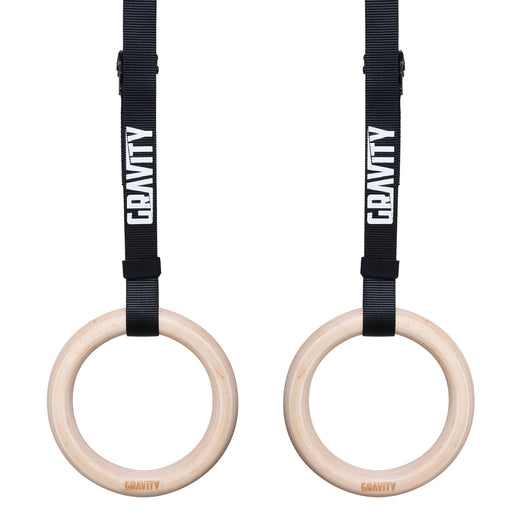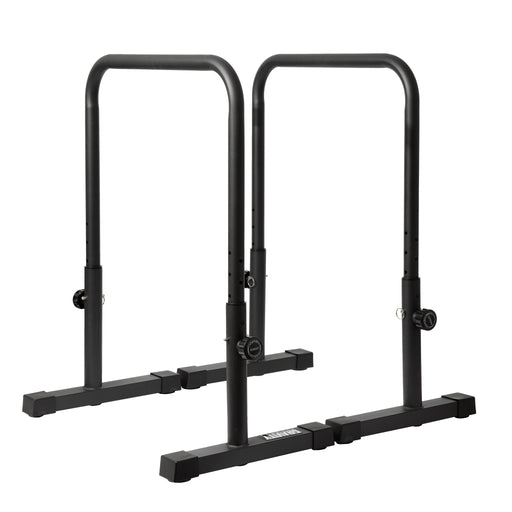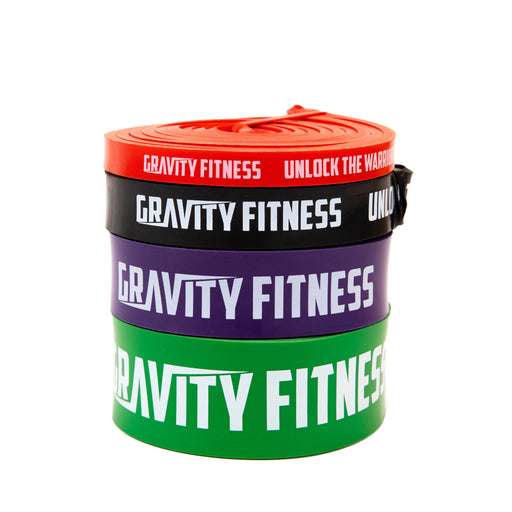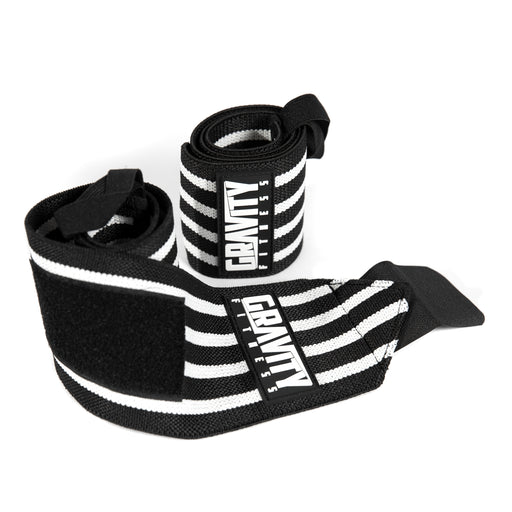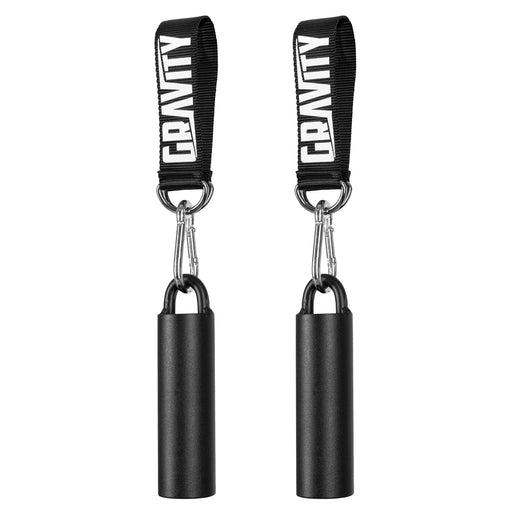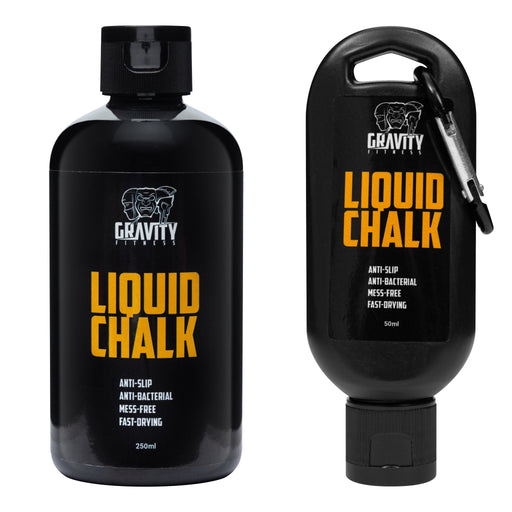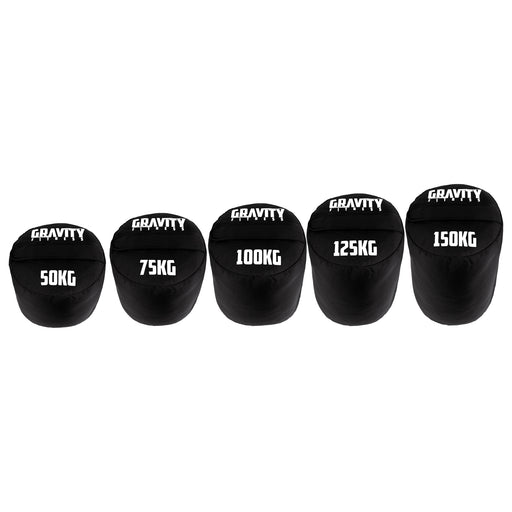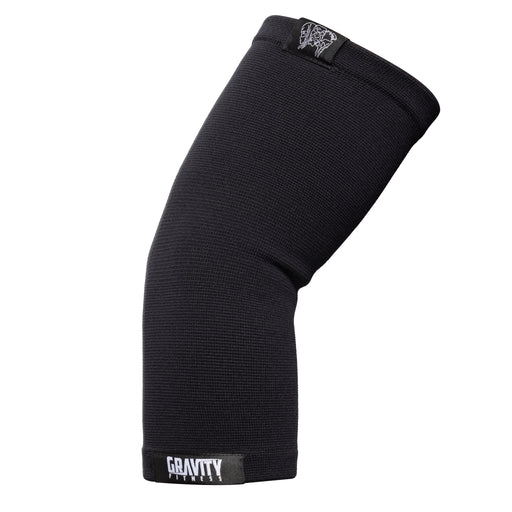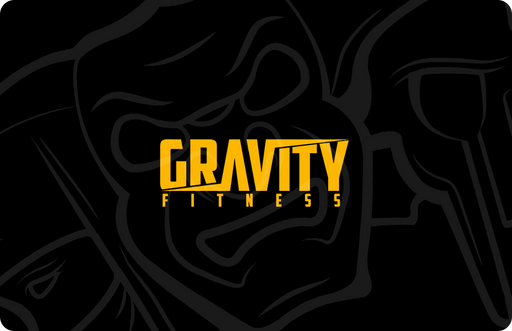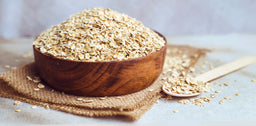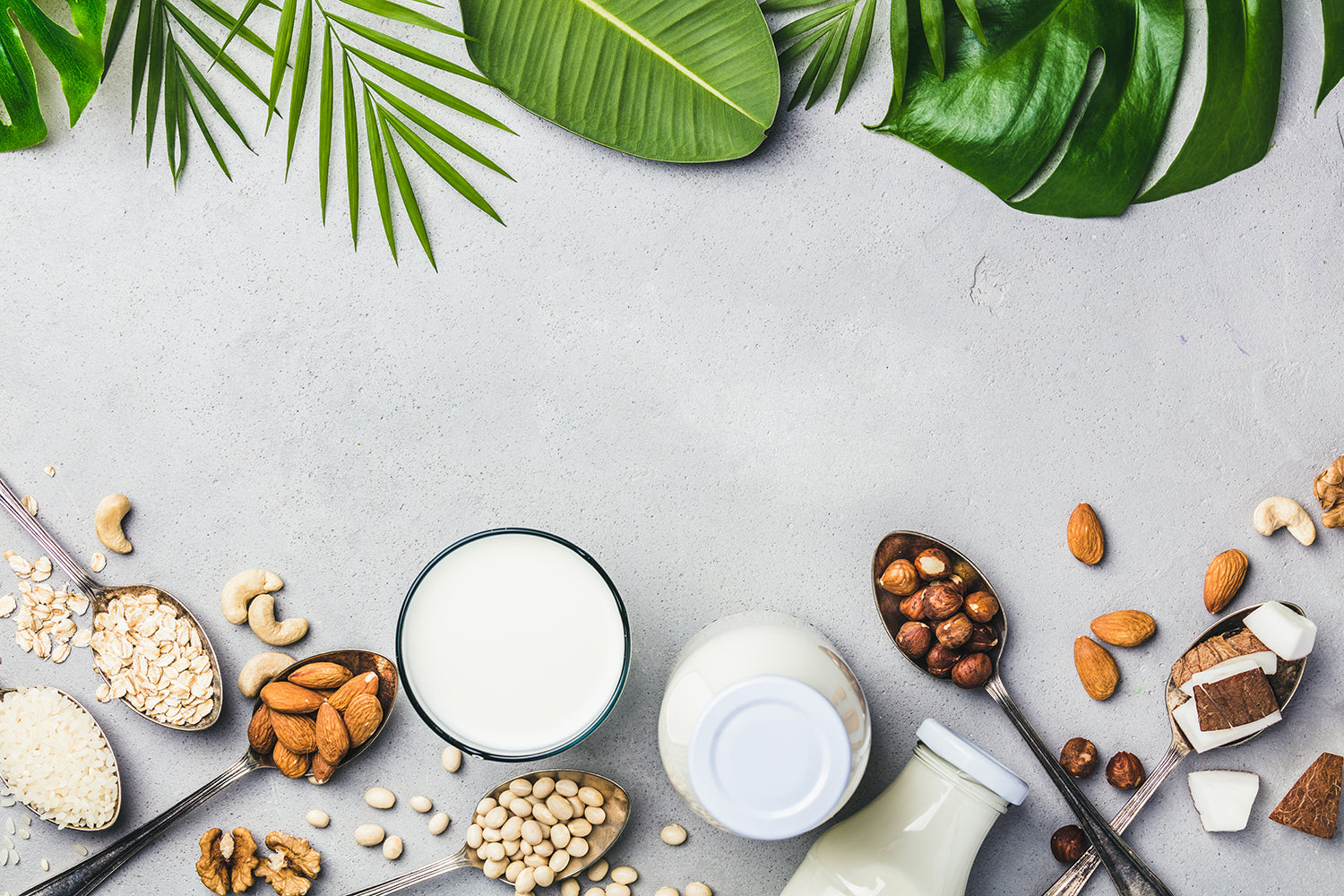
Plant Based Or Vegan For Health And Performance?
Plant Based Or Vegan For Health And Performance?
We all want to choose a way of eating that will be good for our training goals, giving us plenty of energy and supporting recovery between sessions. There’s a difference between plant-based eating and a vegan diet – which one is best for training performance and general health?
What is plant-based eating?
The term plant-based eating has been around since the 1980s but has grown in popularity in recent years as people look for flexible, healthy diets that suit their lifestyle. Plant-based eating focuses on eating less meat (and other animal products) and more vegetables, wholegrains, beans and pulses, but it is primarily driven by health. Ethics come second.
Plant-based doesn’t just focus on foods from plant sources, it also prioritises whole foods, shying away from man made and processed “replacement” foods.
What is a vegan diet?
Vegan eating is more regimented than plant-based eating. As a vegan, you wouldn’t eat any animal products at all. For most people this means no eggs, dairy, meat, fish or seafood, but many vegans will also avoid honey.
Most people choose to follow a vegan diet for ethical reasons first, and health reasons second, which means they are more likely to eat processed vegan replacements than if they defined themselves as plant-based.
Is plant-based the same as a vegan diet?
As we’ve said, no plant-based and vegan aren’t the same thing. As a vegan, you would never eat any food or ingredient that came from an animal. As a plant-based eater, your aim would be prioritising plant foods over animal ones but without any strict rules or structure.
Pros and cons of plant based
- Pro: plenty of whole foods in their natural state
- Pro: extra fibre and micronutrients from plant foods
- Con: may mean getting stuck in a rut with food choices
- Con: may mean lack of flexibility if avoiding processed foods
Pros and cons of vegan eating
- Pro: an ethical way of eating to align with your values
- Pro: vegan choices more widely available these days
- Con: more difficult to get full spectrum of amino acids
- Con: vegan diets can lack iron, B12 and other key nutrients (1)
Which is best for health and sports performance?
There are lots of discussion points around plant-based and vegan eating, but we want to talk about training performance. If you are considering moving to a plant-based or fully vegan diet, which will be better for training and competing?
Energy: frequent training needs enough calories, so whichever way of eating you choose you must ensure you’re getting enough energy for your goals. With a plant-heavy diet you’ll need to balance calorie intake with food volume and digestibility.
Protein: any strength or muscle goal needs sufficient protein and a wide array of amino acids. If you don’t eat any animal protein, you will miss out on some amino acids (including leucine) so be sure to plan variety into your diet – and consider amino acids supplementation if you eat a vegan diet.
Food quality: eating for sports performance isn’t just about calories and macronutrients. You should also consider food quality, variety, fibre, and micronutrients. It’s obvious that unprocessed whole foods will tick this box best, so avoid too many man-made vegan food replacements if you eat a vegan diet.
Compliance: any healthy diet has to be right for your lifestyle, otherwise you just won’t stick to it. Plant-based tends to be more flexible than a fully vegan diet which may mean it’s easier to stay on track without pressure.
We feel that plant-based is the better option for people who want to train hard and maintain an active lifestyle. It’s more flexible which means it’s easier to plan meals and stay consistent. And it focuses on food quality and variety, rather than cutting out foods which can be important sources of some nutrients.
Ultimately the choice is yours – we’d love to hear how you came to the decision.













